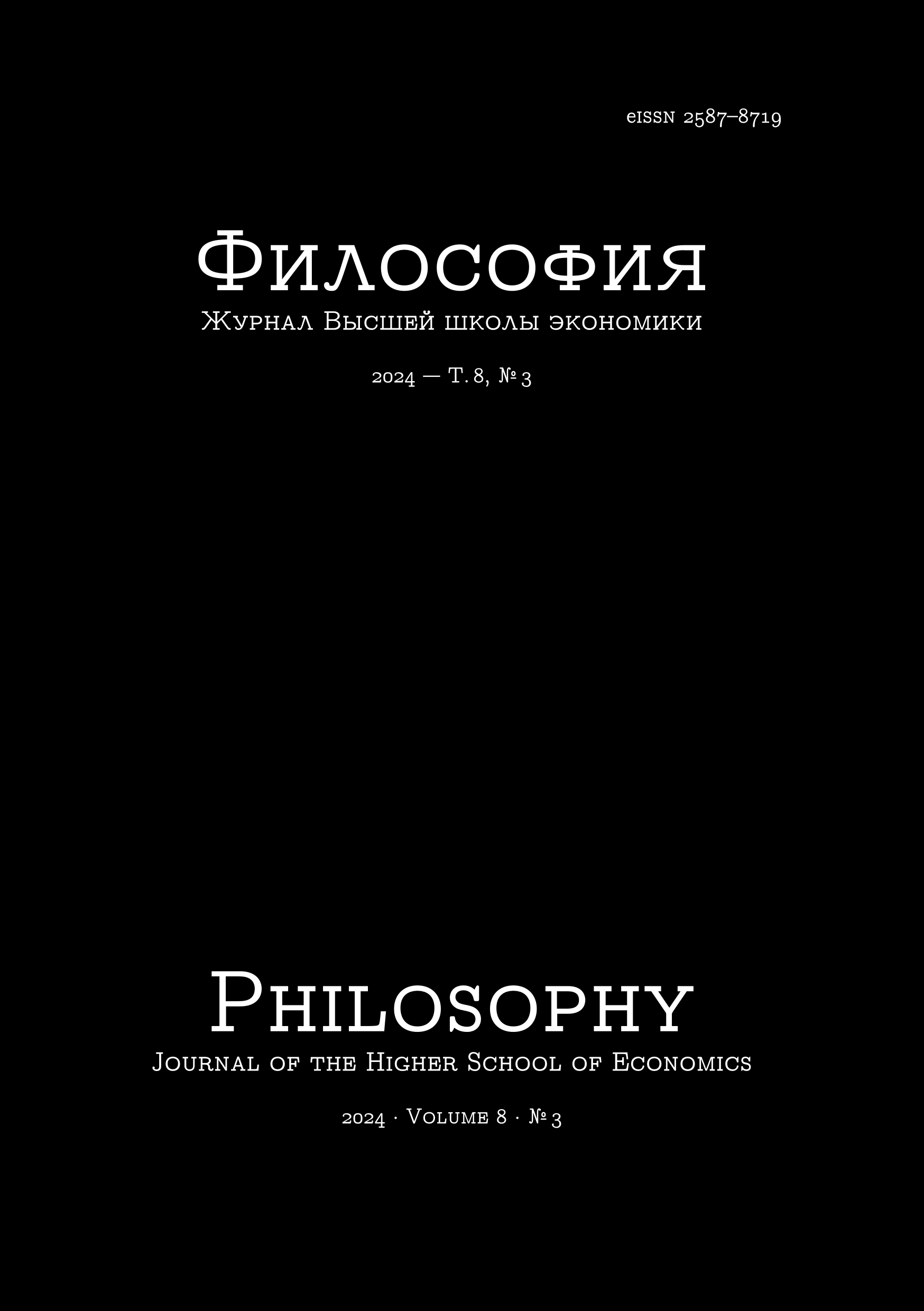Политические концепты в традиционном тюркском миропонимании
Аннотация
В статье рассмотрены политические концепты в традиционном тюркском миропонимании. Обоснован выбор традиционного тюркского миропонимания в контексте основных объектов анализа: тувинского героического эпоса «Хунан Кара» и этико-политического трактата Жусупа Баласагуни «Кутадгу Билиг». Проанализирован базовый политический концепт тюркского миропонимания — “El”, который часто употребляется как обозначающий и «страну», и «государство», и «народ». Сделан вывод о том, что концепт «страна» имел важное значение на ранних стадиях тюркской истории, что нашло отражение в тюркском героическом эпосе. В поэме «Кутадгу Билиг» этот концепт выступает как следствие государственной власти. Концепт «народ» передается в тюркских источниках терминами «budun», «bodun», «ара-албытызы». Этот концепт весьма значим в «Кутадгу Билиг» в качестве критерия успешности власти бека. Концепт имеет и два оригинальных смысловых оттенка в тюркском миропонимании. Многогранный концепт «государство» в классическом тюркском миропонимании в основном передается термином «tȍrȕ» и включает в себя такие смысловые единицы, как «правитель», «власть», «закон». Для эпохи тюркского героического эпоса важными становятся такие концепты, как «наследственная власть», «управление государством». Наибольшее развитие концепт «государства» получил в поэме «Кутадгу Билиг». Здесь его многогранность усилилась в контексте добавления таких важных для политического миропонимания концептов, как «закон», «справедливость», «личные качества правителя», «политические должности». Концепты «доблесть», «воинская доблесть», «героическая личность» взаимосвязаны. Они передаются многозначными тюркскими терминами “alp” и “er”. Концепт «воинская доблесть» весьма ярко проявлен в тюркском героическом эпосе. В «Кутадгу Билиг» его значение ослабевает в силу исторических обстоятельств.
Скачивания
Copyright (c) 2024 Philosophy Journal of the Higher School of Economics

Это произведение доступно по лицензии Creative Commons «Attribution-NonCommercial» («Атрибуция — Некоммерческое использование») 4.0 Всемирная.






